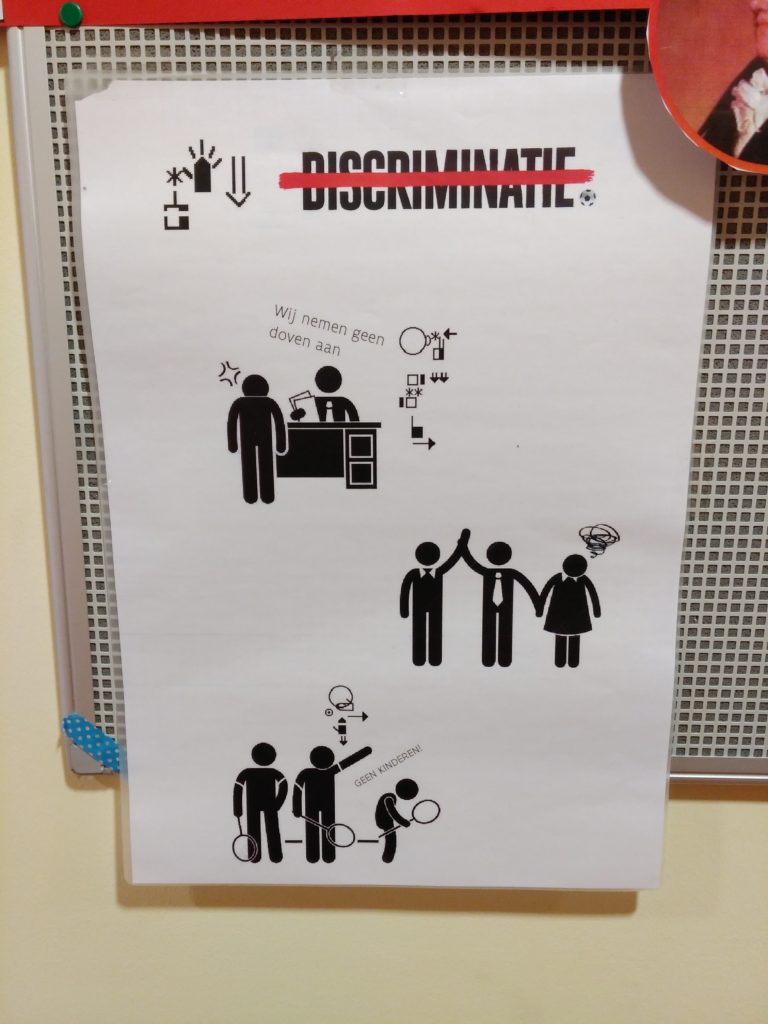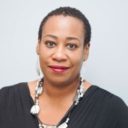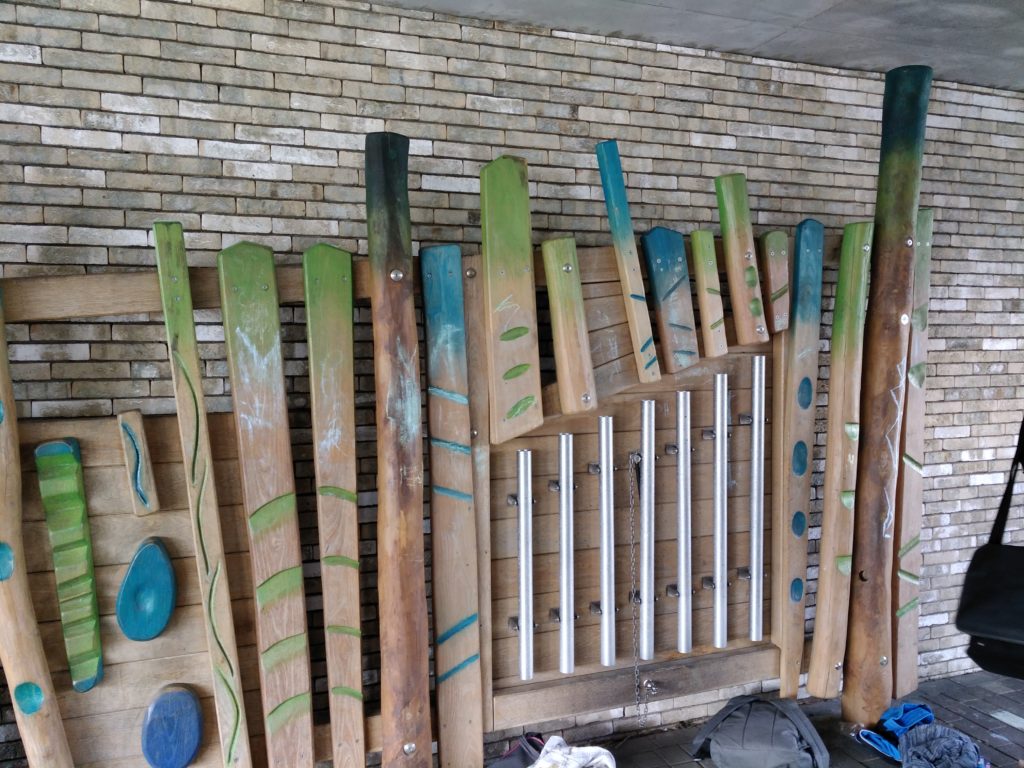‘The problem is not that the students do not hear. The problem is that the hearing world does not listen.’ – Rev. Jesse Jackson
I’ll be honest. When I signed up for the Katerlinden School networking visit I had no idea I would be spending the morning learning about the culture and community of the deaf and the disabled. I’d clearly misread the description in the conference briefing. I quickly and eagerly read words and phrases like artist-led, ambitious socio-education, and democracy and culture. Yet not once did I associate these talents, ethos or dreams as those inclusive of, or important to those who cannot hear or see.
This year we celebrate the 30th anniversary of the student protest at Gallaudet University, in Washington, DC (to this day, the only university for the deaf in the world), which successfully led to the hiring of the University’s first deaf president in the institution’s 124 years of exisistence. Not only were the student protest successful in forcing the administration to pay attention to the needs of those in their deaf community, their protest became a powerful catalyst for the passage of a national law prohibiting discrimination based on disability – The American Disabilities Act of 1990. A law viewed at the time as the most powerful civil protection passed since the Civil Rights Act of 1964 which made discrimination base on race, religion and sex illegal in the United States.

A picture from their bulletin board teaching anti-discrimination. Photo credit: Yvonne Moore
In listening to the founder of Kasterlinden, his team of dedicated teachers and physiologist, as well as my donor colleague who so graciously introduced us to the School, I was forced to reflect upon my own biases and failures around inclusion. It forced me to reflect on how often I may have failed to include or consider the needs of those with disabilities. To reflect upon my own failure at living the tenets of inclusivity to which I so often espouse. As we continued our learning and conversations we had a rare opportunity to read, see and hear the voices of young, deaf artists who were patient enough with the hearing to leave us a guide for how we might navigate the mainstream world when we re-entered. To be reminded that because we are hearing does not mean we must remain ignorant of the culture and community of those with disabilities. We simply have to listen, observe and act.
Will our brief time spent at the Kasterlinden School lead to the type of systemic change still needed in so many countries? Change which provides for the protection, access and opportunity for the disabled. Well, yes it could. But that depends on how we choose to act from this point forward. As my colleagues and I departed, it was clear we had each been moved by the experience in a different way. We’d lived, if only for a few hours, in a way that allowed us to enter, operate and thrive in a world completely as we were born. Without anyone asking us to be something or do something we were physically incapable of doing. And not being made to feel less than or other. Allowing each of us to embrace the duality of our strengths and our weaknesses.
But that’s the beauty of community and culture. It provides its members with strength where one might be weak, and it allows you to feel at home, wherever you might be.
Yvonne Moore is Principal philanthropic advisor at Moore Philanthropy







Comments (0)